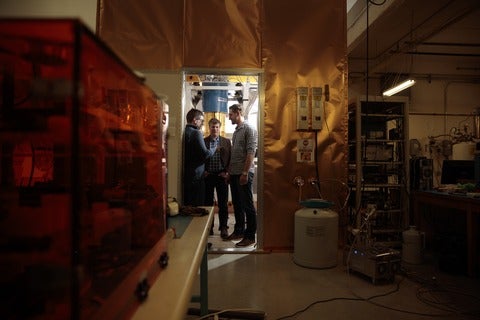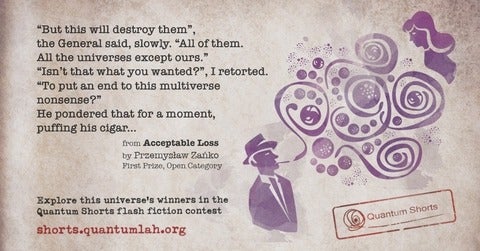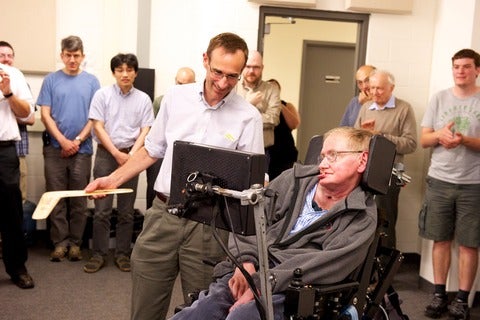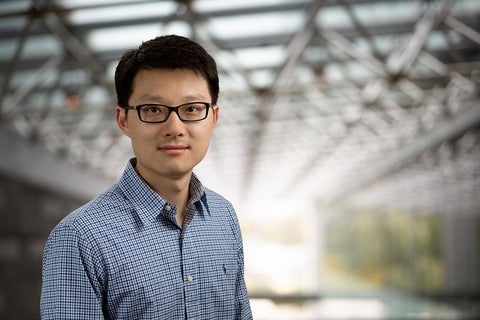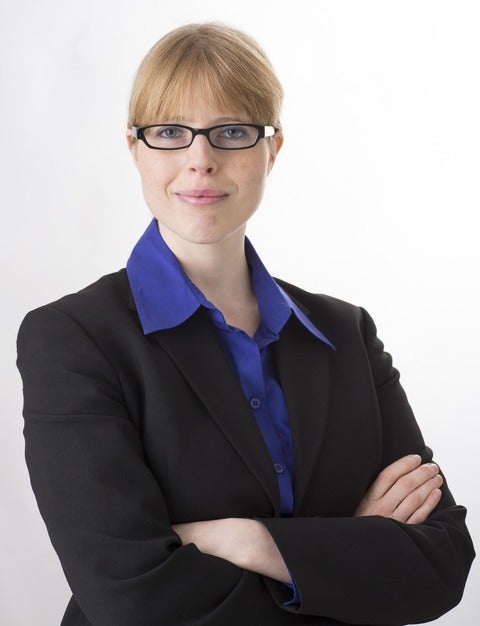Quantum radar will expose stealth aircraft
New $2.7 million project funded by Department of National Defence will develop technology for quantum radar.
Stealth aircraft in the Canadian arctic will be no match for a new quantum radar system.
Researchers at the University of Waterloo are developing a new technology that promises to help radar operators cut through heavy background noise and isolate objects —including stealth aircraft and missiles— with unparalleled accuracy.

